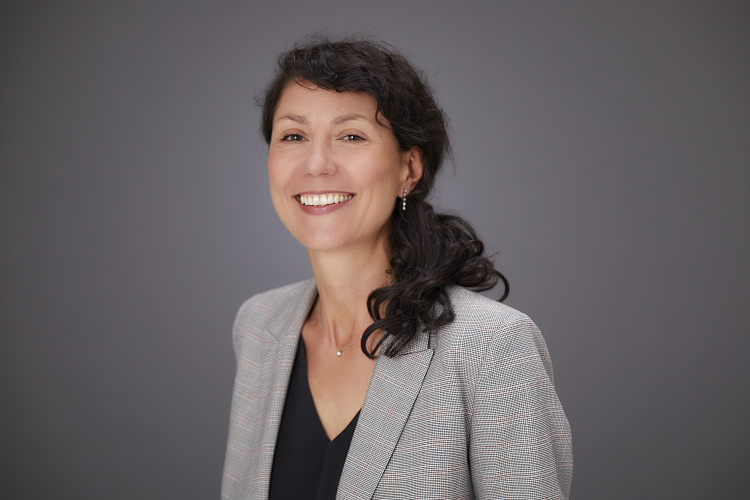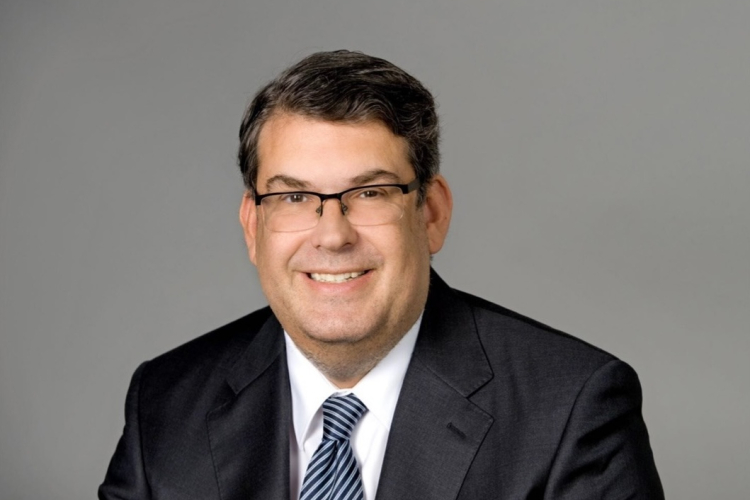There is no democracy without human rights. And there are no human rights without democracy.
16.04.2025

Human rights are in danger, as are democracy and humanity – and in Europe, the union of peace is at stake. Recent political debates give the impression that "the mood democracy of antiquity is returning", as political scientist Herfried Münkler describes it. Political debate is growing brutal and drifting into waters thought to have been overcome, poisoning the political climate and the socio-political discourse on fundamental freedoms, equality, justice and human rights.
The Universal Declaration of Human Rights, adopted by the United Nations in 1948, was a response (which read: "Never again!") to the atrocities of National Socialism during the Second World War. Today - 80 years later - we must realize that this "Never again!" has (become) very fragile. Suddenly, voices are being raised questioning whether the European Convention on Human Rights, which has had constitutional status in Austria since 1964, is still relevant today in its original form. Some political representatives would also like to put an expiration date on the European Refugee Convention.
However, human rights are not a temporary phenomenon. They are "self-evident" and "inalienable" and apply equally to all people. Protection from persecution and the right to asylum (Article 14 of the Universal Declaration of Human Rights) are among the fundamental rights whose roots go back to antiquity. We will not overcome the current social, climate, education and economic policy challenges with simple populist solutions and announcements; on the contrary, they will only further divide society. We therefore need to continuously strengthen human rights education and anti-discrimination and awareness-raising work in educational institutions, grassroots organizations and the public sphere.
In these times, when wars, climate change and clashes of words, weapons and digital space are increasingly becoming part of everyday life and there is an urgent need to close ranks and stick together, this "Never again!" becomes an indispensable memorial – for the present and for our future.
"Peace is not everything, but everything is nothing without peace."
Willy Brandt [1]
[1] Quote from his speech on 3 November 1981 in Bonn on the occasion of the festive ceremony to mark the 100th anniversary of publisher J.H.W. Dietz Nachf., in: Willy Brandt Berliner Edition, Volume 5, The Party of Freedom, Willy Brandt and the SPD 1972–1992 (2002).
Elke Aigner
Executive Board of the Association SOS Human Rights Austria
Empfohlen

The commemorative year 2025 marks the 80th anniversary of the liberation of the Mauthausen concentration camp and its more than 40 satellite camps.
Eighty years have passed since the victory over the National Socialists, the victory over the anti-Semitic ideology of extermination, and over "master race thinking". This anniversary is a cause for celebration for all friends of life and freedom. However, is liberation really complete?
